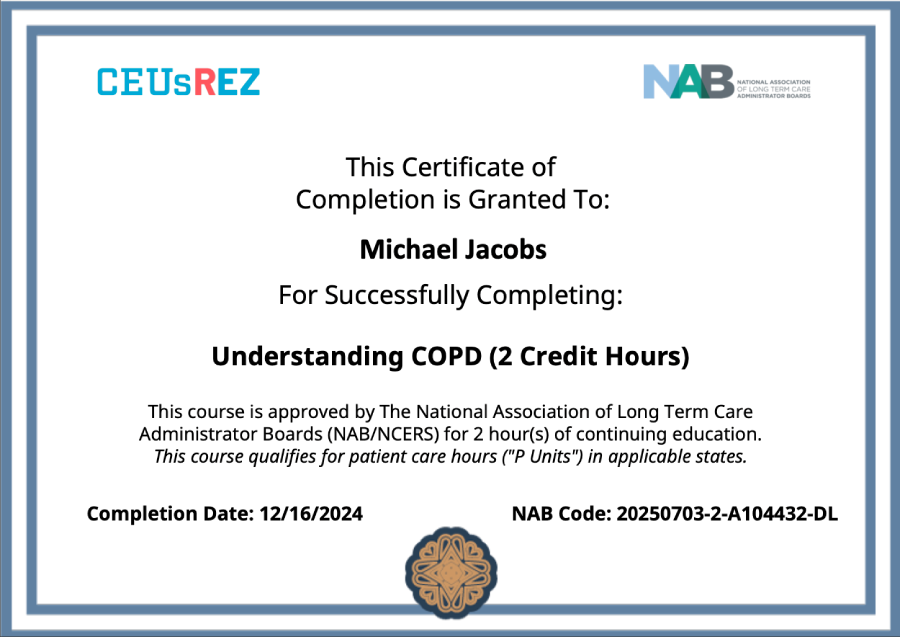Health and social care settings can provide a challenging environment to manage risks associated with the transfer of micro-organisms from patient to patient or between the environment, equipment, staff, and patients. It is estimated that up to 10% of hospitalized patients acquire an infection after admission to the hospital. Hospital-acquired infection is a serious health hazard as it leads to increased patient morbidity, longer length of hospital stays, and significantly increased costs. Hence, it is vital to minimize the risk of infection spreading to hospital patients and staff by implementing good infection control programs and universal precautions.
Infection Control and Standard Precautions (RCFE/ARF – 3 Hours Self-Paced Online)
Total Price$30.00
Description
Health and social care settings can provide a challenging environment to manage risks associated with the transfer of micro-organisms from patient to patient or between the environment, equipment, staff, and patients. It is estimated that up to 10% of hospitalized patients acquire an infection after admission to the hospital. Hospital-acquired infection is a serious health hazard as it leads to increased patient morbidity, longer length of hospital stays, and significantly increased costs. Hence, it is vital to minimize the risk of infection spreading to hospital patients and staff by implementing good infection control programs and universal precautions.






